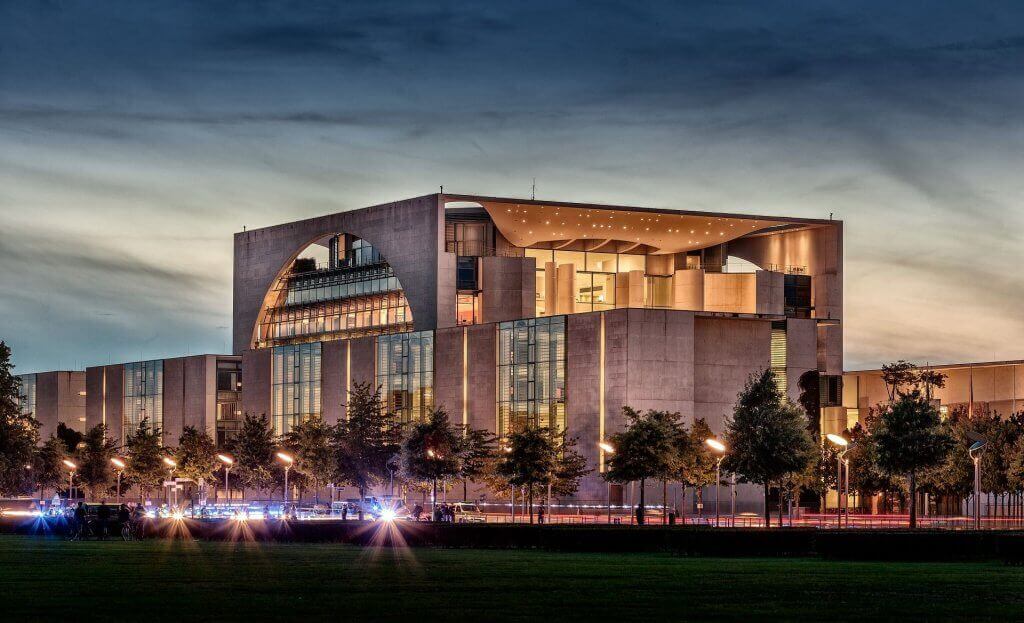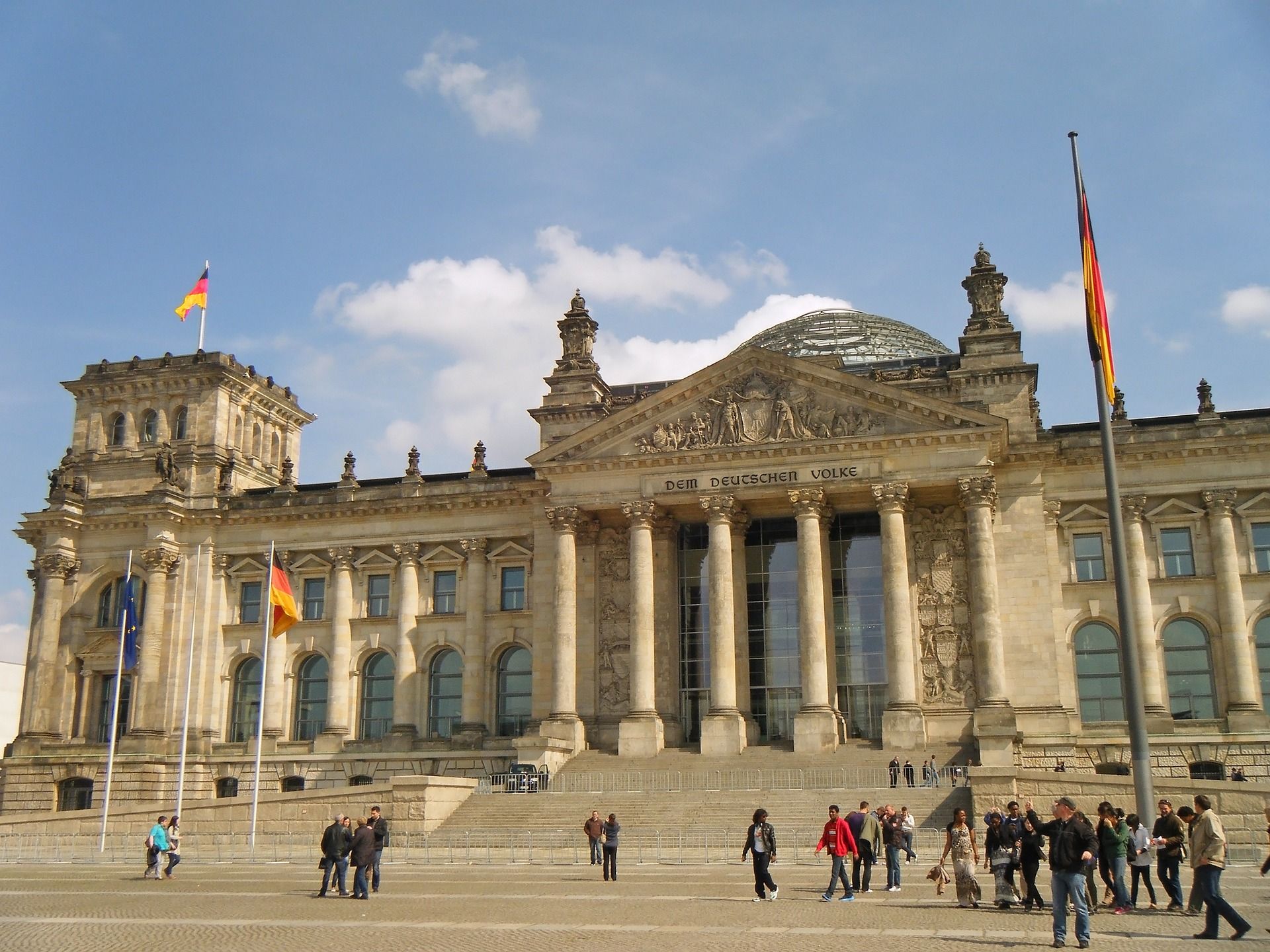Increasing employment, supporting skilled workers
Scholz explained that it was key to train young people to become skilled workers, to increase employment of women and to provide options for workers to obtain qualifications while continuing full-time employment. This was why the Federal Cabinet had initiated a modern Skilled Workers Immigration Act and an Advanced Training Act, he said.
Scholz pointed out that it was important for our future that those we need and who wish to pull their weight in Germany choose to come here. However, to be able to attract talent from abroad to pursue careers in Germany, it was necessary for procedures to become less bureaucratic and for the labour market to be more appealing and competitive, he continued.
Link: Official Goverment of Germany

History and position of the federal Goverment of Germany for the society of Germany
The Federal Government of Germany, also known as the Bundesregierung, is the executive branch of the federal government of Germany. It is composed of the Chancellor, who serves as the head of government, and the ministers who lead various departments or ministries.
The history of the German federal government can be traced back to the founding of the modern German state in 1871, when the country was unified under the leadership of Prussia. Following World War II and the defeat of Nazi Germany, the country was divided into two separate states: the Federal Republic of Germany (West Germany) and the German Democratic Republic (East Germany). The current federal government of Germany was established in 1949, with the adoption of the Basic Law, which served as the country’s constitution.
The German federal government has a wide range of responsibilities, including foreign and defense policy, economic policy, social policy, and environmental policy. It is also responsible for coordinating the activities of the 16 individual states, known as Länder, that make up the country.
Key functions of the federal goverment
One of the key functions of the federal government is to enact and implement laws that reflect the needs and values of the German people. This is done through a system of parliamentary democracy, in which the Bundestag (the lower house of the German parliament) and the Bundesrat (the upper house) work together to pass legislation and oversee the work of the government.
In recent years, the German federal government has been involved in a number of important issues, including the ongoing refugee crisis in Europe, efforts to combat climate change, and the management of the COVID-19 pandemic. It has also been an active participant in the European Union, playing a leadership role in efforts to promote economic stability and cooperation among member states.
